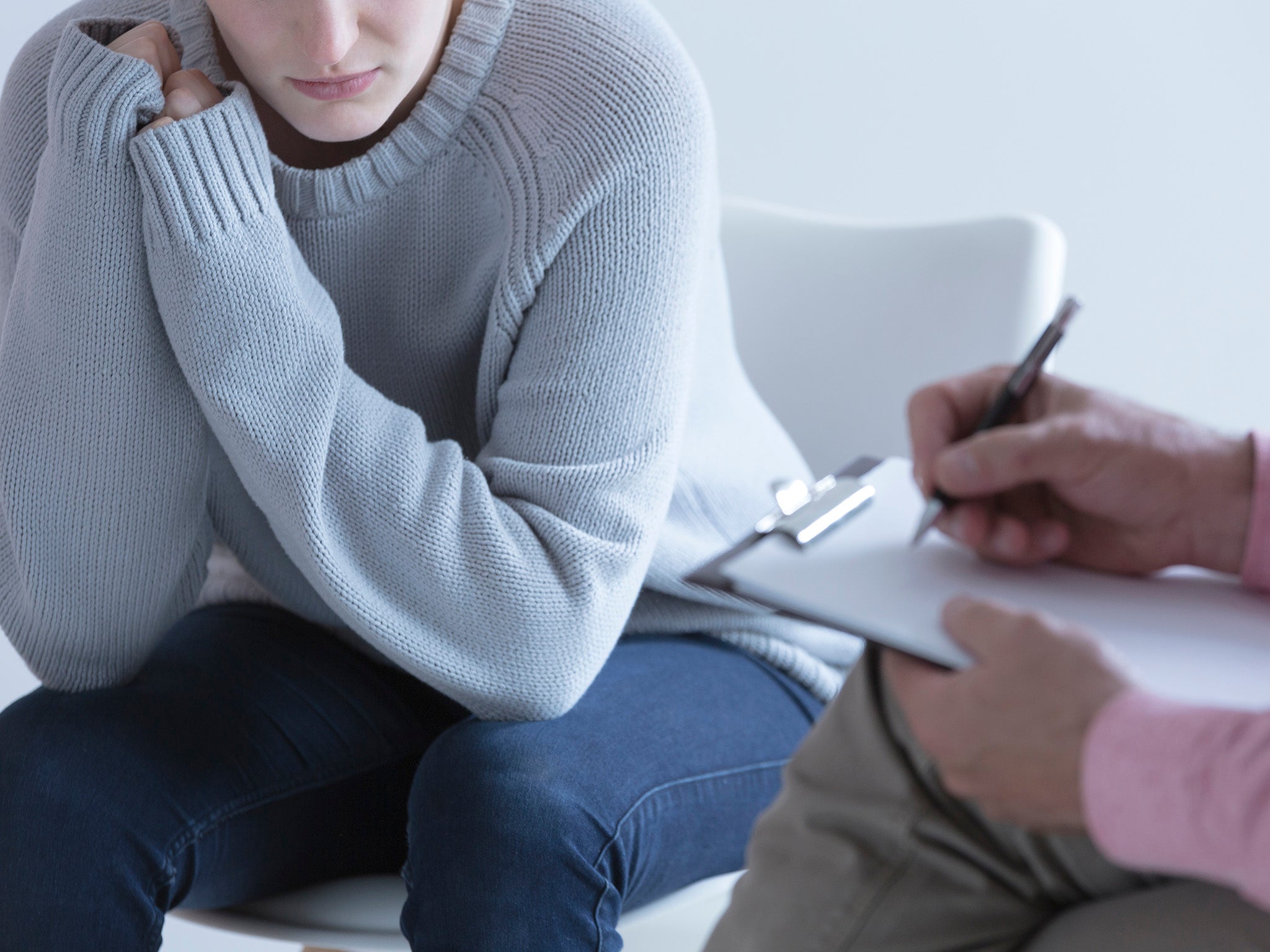
Millions of women and girls around the world have been left unable to access contraception and abortions amid the coronaviruscrisis, a new report has found.
A study by Marie Stopes International, which provides abortion and contraception services worldwide, warns 1.9 million women and girls lost their usual access to its contraception and safe abortion services in the first half of the year as a result of the global public health emergency.
The abortion provider is preparing for 900,000 additional unintended pregnancies, 1.5 million extra unsafe abortions, and 3,100 additional pregnancy-related deaths after the disruption to services in the first half of the year.
The World Health Organisation estimates that each year between five per cent to 12 per cent of maternal deaths globally can be attributed to unsafe abortion – with the annual cost of treating major complications from unsafe abortion estimated at $553m (£435m).
Marie Stopes International’s new research found stringent lockdown measures in India have led to 1.3 million fewer women accessing their services than expected – with 920,000 fewer safe abortion and post-abortion care services being delivered.
Dr Rashmi Ardey, of Marie Stopes, said: “Women’s needs do not suddenly stop or diminish during an emergency – they become greater. And as a doctor, I have seen only too often the drastic action that women and girls take when they are unable to access contraception and safe abortion.
“This pandemic has strained healthcare services all over the world, but sexual and reproductive healthcare was already so under prioritised that once again women are bearing the brunt of this global calamity.”
Marie Stopes International warns the impact of the coronavirus crisis on women and girls who need to have their pregnancy terminated or require contraception is “devastating”. The NGO said health providers are struggling to offer safe abortion and contraception due to coronavirus turmoil in many of the 37 countries where it delivers services.
Simon Cooke, the organisation’s chief executive, said: “In many countries, the worst effects of Covid-19 are yet to come and in others, a second wave is on the horizon, but there is an opportunity to use this as a catalytic moment to transform services and make women’s lives better tomorrow than they are today.
“It costs around three cents per day to protect a young woman from an unintended pregnancy for one year, giving her the chance to finish her education or even saving her life. We call on donors, partners and the global community to learn from the impact we have seen so far and maintain their support and funding for sexual and reproductive health to ensure that women have timely access to essential services, such as contraception and safe abortion both during the pandemic and beyond.”
Marie Stopes also surveyed 1,000 women aged between 16 and 50 per country in the UK, South Africa and India about their first-hand experiences of sexual and reproductive healthcare during the public health emergency.
In the UK, the proportion of women who thought abortion services were available from a clinic plummeted from 81 per cent before the coronavirus pandemic to just 21 per cent during the health crisis.
Almost a third of those polled in India in need of an abortion said the abortion provider in their area was closed – with around one in 10 saying they had to wait more than five weeks to have an abortion.
But Marie Stopes International explains it worked to make sure abortion and contraception were deemed as “essential services” during the pandemic, ensuring medical abortion services were provided in people’s homes. The organisation implemented measures to ensure women in rural areas could still access services – delivering contraception to women’s doors by motorbikes referred to as boda bodas in Uganda.
A report by the United Nations sexual and reproductive health agency (UNFPA) released at the end of April argued coronavirus chaos would wreak havoc on women’s sexual and reproductive health around the world.
The study estimated 47 million women in 114 low and middle-income nations would not be able to access modern contraception if coronavirus disruption carried on for six months – with researchers predicting there would be an extra seven million unintended pregnancies and 31 million additional cases of gender-based violence.







